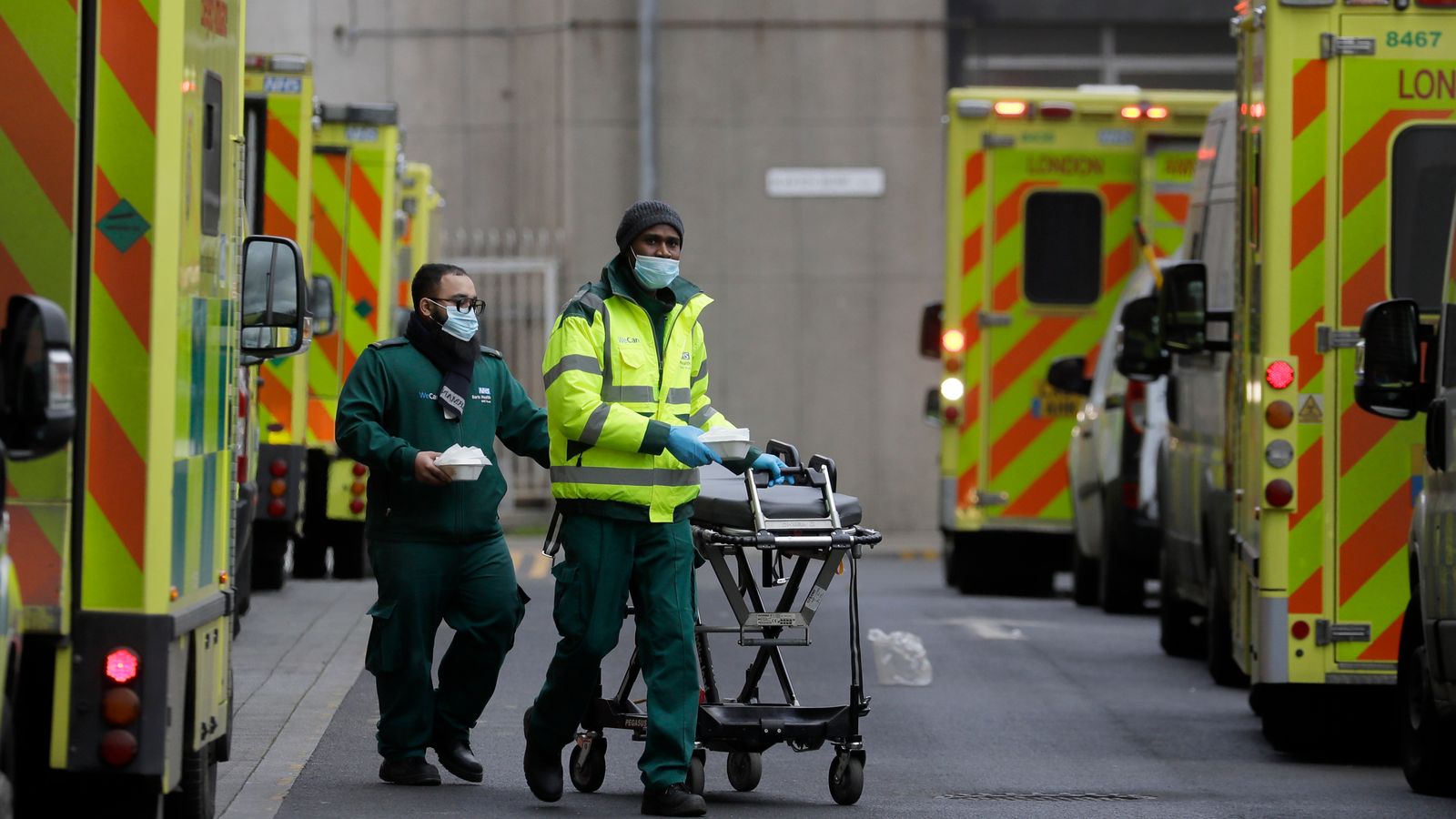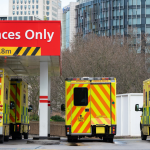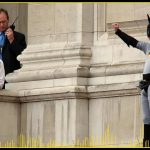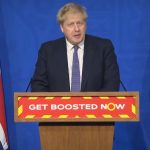Society will need to learn to live with a “substantial” degree of coronavirus mortality but the worst appears to be over, a government scientific adviser has said.
Professor Andrew Hayward, from the Scientific Advisory Group for Emergencies (SAGE), said the number of deaths will continue to drop as vaccination kicks in.
He added death rates could begin to look more like those for flu.
Other experts including Professor Paul Hunter, from the University of East Anglia, have said the UK can expect a wave of deaths next winter, mostly among the unvaccinated and those for whom vaccines do not provide total protection.
Prof Hayward told Times Radio: “I think given the societal trade-offs, we are going to have to live with a degree of mortality that will be substantial.
“I think it will get less over time as more people get vaccinated, and as more people get immune, and I do believe that we’ve been through the worst of this.”
Prof Hayward said he does not think new variants of COVID-19 will completely evade the protection offered by vaccines.
Between 25% and 61% of people in the Brazilian city of Manaus were susceptible to reinfection with the worrying P1 strain, which has also been found in six people in the UK, a study found this week.
Vaccine manufacturers are working on updated vaccines to tackle variants, which could be fast-tracked for approval by the autumn.
Prof Hayward said: “The vaccines will still take the sting out of it, if you like, and reduce the case fatality rates.
“Of course, we have the technology to update the vaccines and I think that’s where we’re going really, a situation that will be much more like flu, the numbers of deaths will be much more like flu, the approach to surveillance of new strains and development of new vaccines and regular annual vaccinations will be like that.
“And we will get back to normal.”
Subscribe to the Daily podcast on Apple Podcasts, Google Podcasts, Spotify, Spreaker
Asked if he thought epidemiologists did not really have the ear of government in early March last year, before the first lockdown, Prof Hayward said the “political concept of going into lockdown and doing something like that seemed so extraordinary”.
He added: “Also, I think there was conflicting advice … there was some advice if you go too early then people will get tired of it, but it did seem to be fairly inevitable that we would need to do something like that at some stage.
“I think the timing of it was something that they were getting conflicting advice on.
“However, I think we didn’t learn our lesson from that and we didn’t really learn the lesson that lockdowns are going to be way, way more effective if you start them earlier.”






















